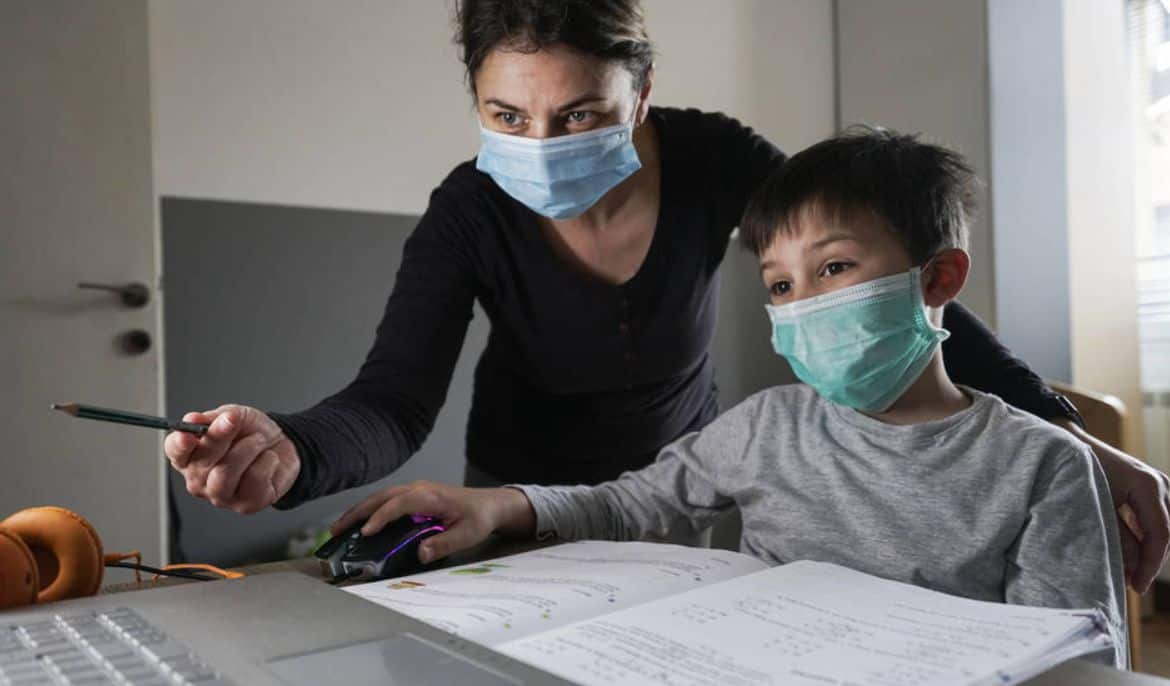A survey reveals how the reaction of the little ones has been to the mandatory quarantine and to the fact of being locked up at home because of the coronavirus
Many parents raised their hands to their heads when the state of alarm was decreed in mid-March and, with it, mandatory confinement, suspending schools and the rest of the children’s daily activities. Now, almost five months later, a survey reveals how the children have lived through the quarantine and the balance seems, a priori, very positive.
Dr Peter Gray, a member of the NGO Let Grow that has carried out the investigation, explained to Psychology Today that the survey was directed only at American families with a child between 8 and 13 years old. Both adults and children completed separate surveys without specifically knowing what the research objective was. In total 798 parents and 762 children have participated.
The results support the theory that children have done better after the closing of schools. Half of the minors agreed with the phrase “I have been more calm than when I was in regular school”, while only 25 per cent were against it. Something that parents confirm: 43% said that “My child is less stressed now than before school closed”, while only 29 per cent disagreed.
Surprising results
Furthermore, 85% of parents defined their children’s behaviour as “happy” during the past weeks, while only 20% marked the option “sad” and 10% that of “angry”. Specialists believe that part of those good results has to do with the fact that the children slept more, something that was confirmed by more than half of the parents, which helps to reduce stress and increase happiness.
However, the survey specifies that those children who had to follow classes virtually from home suffered stress. There were 9 out of 10 students and half of the children said that “I have been worried about making mistakes or not understanding my schoolwork.” The good news is that the average daily occupancy was barely three hours, so there was plenty of time for the rest of the day to do other activities at home. Most say that school work at home was easier and more efficient than at school because there were fewer distractions.
This situation has led to the children showing a greater sense of independence and personal responsibility since they were sent home. Dr Gray points out that schools tend to inhibit this development of responsibility, so he is not surprised “that the survey results indicate growth in children’s initiative, independence, and responsibility during the time of school closure.”
To demonstrate this, it is based on some data that is extrapolated from the survey. For example, 71% of children report that “I have been finding new things to pass the time,” the same percentage acknowledging that “My parents have been letting me do more things on my own.” It even increases to 85%, recognizing that during the past week, they learned new things on their own that were not part of their schoolwork.
For this reason, parents overwhelmingly acknowledge that their children have developed new interests or abilities, but they have also changed in other facets, such as helping with housework or undertaking new hobbies that they did not have before. A reality that, according to Dr Gray, shows that “A great motivator of self-initiative is boredom.”
